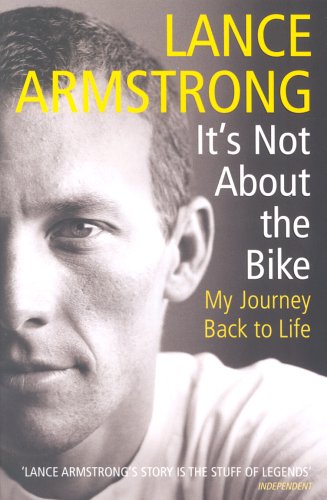What does the cyclist Lance Armstrong have in common with Verdi’s Requiem?
I recently heard a broadcast of Verdi’s Requiem (https://www.bbc.co.uk/programmes/m000q3bl ). This Verdi broadcast was particularly poignant, in that the performance was given in Milan Cathedral to commemorate those who had died in Italy during the 2020 coronavirus pandemic.
But what’s the connection with Lance Armstrong, champion cyclist and arch-drug-cheat of the Tour de France? On the same day I heard the Requiem I also viewed the first episode of the new documentary ‘Lance’ (https://www.youtube.com/watch?v=mWE4DnnCuvM ). This covers his early career, including his diagnosis with grade IV testicular cancer, with metastases in his brain (among other places). Armstrong’s brush with death is also described in his earlier autobiography It’s Not About The Bike. At that point in his life Armstrong was acutely aware of his mortality, not surprisingly when faced with brain surgery, and a possibly early death. Who knows what effect that had on his subsequent decisions – for example, to marry fairly soon afterwards, and later to take performance-enhancing drugs
Armstrong is not alone. Many illness narratives reveal the mental changes that can result from surviving a close encounter with death. For some people, an acute awareness of mortality, whether as a result of the losses during the Covid-19 pandemic, or after a severe illness, may become less acute in time. For others, the realisation that death will be soon, provokes profound change. It can release them from ordinary concerns and allow them to live more fully. That, at least, is the experience for Rachel Clarke, palliative care doctor, who has chronicled her own father’s actions and moods, once the possible cancer treatments had been exhausted (Clarke 2020).
An acute awareness of human mortality also pierces through the operatic drama of Verdi’s Requiem. The terrifying ‘Dies Irae’ is perhaps the best known movement, but the heartfelt prayer for peace after the inevitability of death is Verdi’s final and pervading message.
Armstrong, L (2001) It’s Not About the Bike: My Journey Back to Life, London, Yellow Jersey Press
Clarke, R (2020) Dear Life: A doctor’s story of love and loss, London, Little Brown

